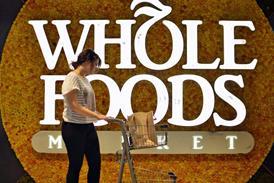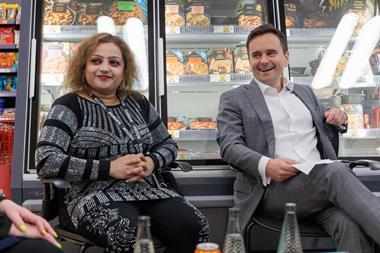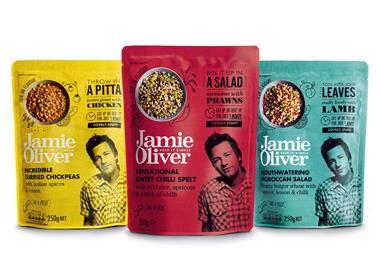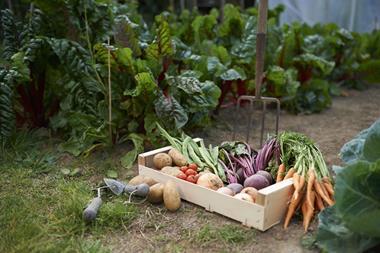
The government has admitted it has “no date” for a response to Henry Dimbleby’s National Food Strategy, having initally pledged to bring out a White Paper within six months of its publication in July.
Sources have confirmed that the White Paper is not now expected until February at the earliest.
Dimbleby’s bombshell report called for measures to fight obesity including a sugar and salt tax levied on manufacturers/importers, and reporting on food sales and waste for larger companies.
As well as calls to step up the support for hungry families hit by poverty, it contained proposals for a shake-up of the food system and land use to reduce the environmental impact of meat production.
Asked why its promised response had been delayed, a spokesman for Defra would only say: “We don’t have a date set for this at this stage, it is still expected in early 2022.”
Sources close to Dimbleby claimed he was “relaxed” about the delay in the government’s response if it meant the document turned out to be a serious and well thought out response.
However, others expressed fears that the strategy could be watered down or even jettisoned altogether if prime minister Boris Johnson lost power – though one potential successor, Michael Gove, is the politician who originally employed Dimbleby in 2019.
“There has never been more urgent need for the proposals contained in this report,” said one source.
“There is an absolute cost of living crisis with soaring food prices and the cost of living going through the roof, whilst the pandemic has only served to highlight the importance of tackling the obesity crisis.
“A delay is one thing. It would be an absolute disaster if as a result of a leadership election it was seen as a Boris Johnson policy and ended up getting shelved.”
Meanwhile, The Grocer has learnt the final report on the government’s landmark Sugar Reduction Programme, set by the now defunct Public Health England, which aimed to achieve a 20% reduction in sugar by the end of 2020, is also being held back.
Campaign groups claim the report has been shelved by PHE’s successor, the Office for Health Improvement, because it will show the industry has failed to get anywhere near the target. This would provide ammunition in favour of Dimbleby’s proposals for a £3/kg tax on sugar and £6/kg tax on salt used for all processed foods sold in supermarkets, restaurants and catering.
In the last report PHE found many many categories had made “little or no progress”,
However, industry sources said they hoped the government could be persuaded not only against expansion of taxes, but also to move way from what they claimed had been a “bombardment of targets” that ignored huge investments in healthier products and reformulation.















No comments yet